IARPA has awarded more than $28 million to Harvard’s John A. Paulson School of Engineering and Applied Sciences (SEAS), Center for Brain Science (CBS), and Department of Molecular and Cellular Biology for research into advanced neuroscience and machine learning. Professors David Cox, Jeff Lichtman, Hanspeter Pfister, Haim Sompolinsky and Ryan Adams look to push the state of the art in…
News
New Methods for Flu Tracking and Prediction
Statistics Professor Samuel Kou and colleagues have created new tracking methods for influenza using data from across the Internet and the power of Odyssey. "The approach, called ARGO, for AutoRegression with Google search data, combines Google data with historical records from the CDC and information on seasonality of the flu. It also accounts for changes in the inner workings of…
Brain Genomics Superstruct Project
ABSTRACT The goal of the Brain Genomics Superstruct Project (GSP) is to enable large-scale exploration of the links between brain function, behavior, and ultimately genetic variation. To provide the broader scientific community data to probe these associations, a repository of structural and functional magnetic resonance imaging (MRI) scans linked to genetic information was constructed from a sample of healthy individuals.…
Odyssey Software Updates, June-2015
Software updates and installs since May 1st: NOTE: All software is installed under the Lmod module system on Odyssey. And please read our guidelines for software install requests. armadillo 5.100.2 Fast C++ matrix library with easy to use functions and syntax, deliberately similar to Matlab ART 031915 Simulation tools to generate synthetic next-generation sequencing reads bcftools 1.2 Set of utilities…
Odyssey helps simulate conditions on Mars & beyond
Simulations using the Odyssey cluster played a key role in two new papers, one authored by Harvard Assistant Professor Robin Wordsworth and one by Prof. Wordsworth along with colleagues across the country, which concern planetary conditions on Mars and on tidally locked rocky planets. The first, Atmospheric Heat Redistribution and Collapse on Tidally Locked Rocky Planets by Robin Wordsworth, was…
FAS Research Computing Implements Novel Big Data Storage System
FOR IMMEDIATE RELEASE (on April Fools' Day) CAMBRIDGE, M.A. - After years of careful research, scientists in the FAS Research Computing organization have noticed that a large proportion of the “big data” we generate as part of our research isn’t actually of all that much value. Today we are announcing our new storage system called DevNull™. DevNull™ has been designed…
Harvard’s Odyssey unlocks big data
Increasingly, big data is changing life’s game board. As technology evolves and becomes further integrated into society, massive amounts of data are being collected and stored. From the app on your cellphone to the swipe of your credit card to the systems that monitor everyday activities, data is endlessly transmitted and interpreted. With supercomputers within easy reach and storage infinitely…
Explosion of Research Data Drives “Tipping Point” for IT Facilities
James Cuff, Assistant Dean for Research Computing, sits down with Data Center Knowledge to discuss his upcoming keynote address at the 2015 Data Center World Global Conference. Cuff will talk about the current and future state of the data center in his address. “Data centers are the back bone of civilization,” Cuff said. “Basic science is being done through computing." For…
Evolution in Action: Observing Yeast Over 500 Generations
What does evolution look like? How much does genetic background influence evolution? Is evolutionary adaptability random or predictable? These are questions the Desai Lab has set out to answer. With a research focus on evolutionary dynamics, the Desai Lab observes evolution in action. To do this, the lab has designed experiments that allow them to quickly detect certain types of rare mutations,…
Research Computing Among Sponsors for Martin Karplus Celebration Symposium
Harvard FAS Research Computing (FASRC) has partnered with Dell to sponsor part of the Martin Karplus Celebration Symposium on October 1, 2014. The Symposium is a one-day event celebrating the life and work of Martin Karplus, the Theodore William Richards Professor of Chemistry Emeritus at Harvard University. Karplus was one of three winners of the 2013 Nobel Prize in chemistry…

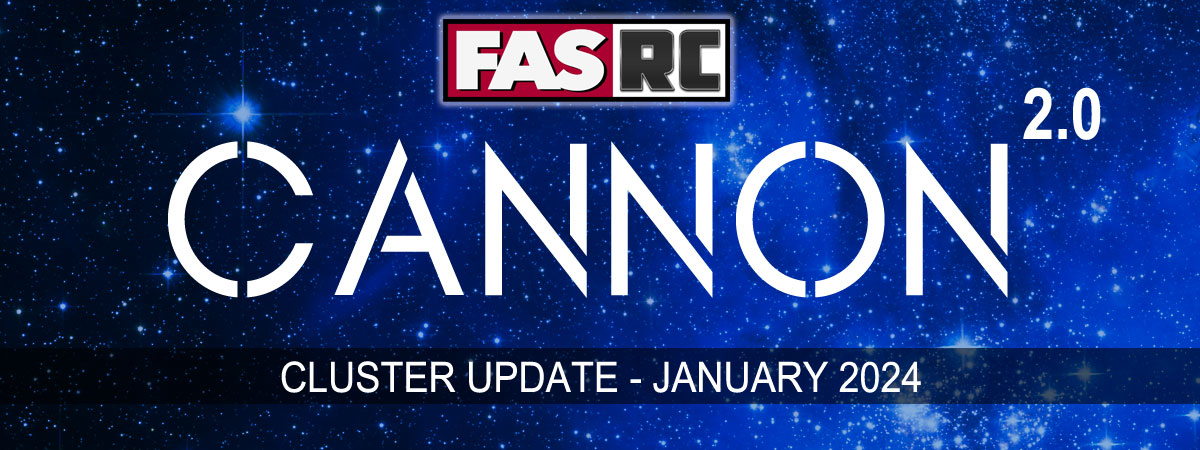
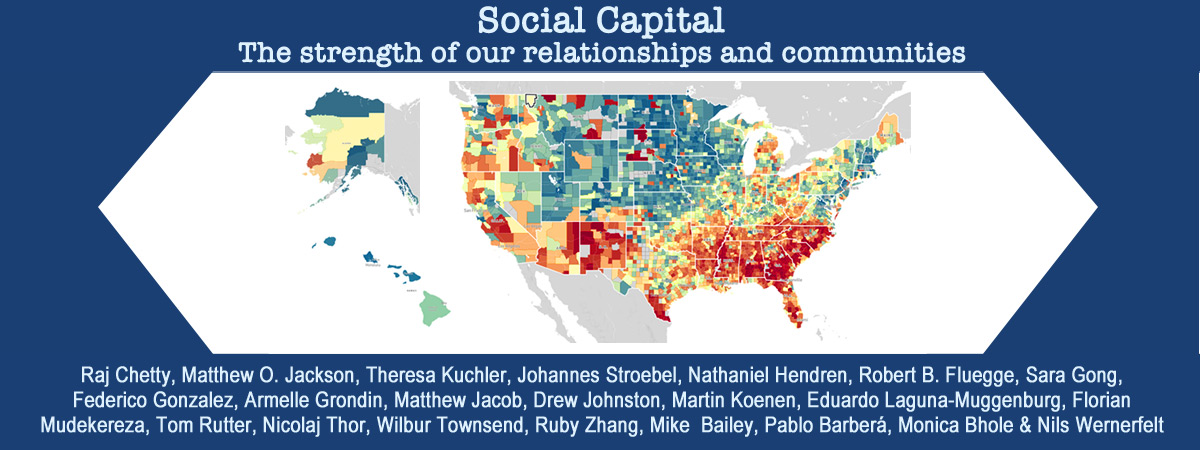
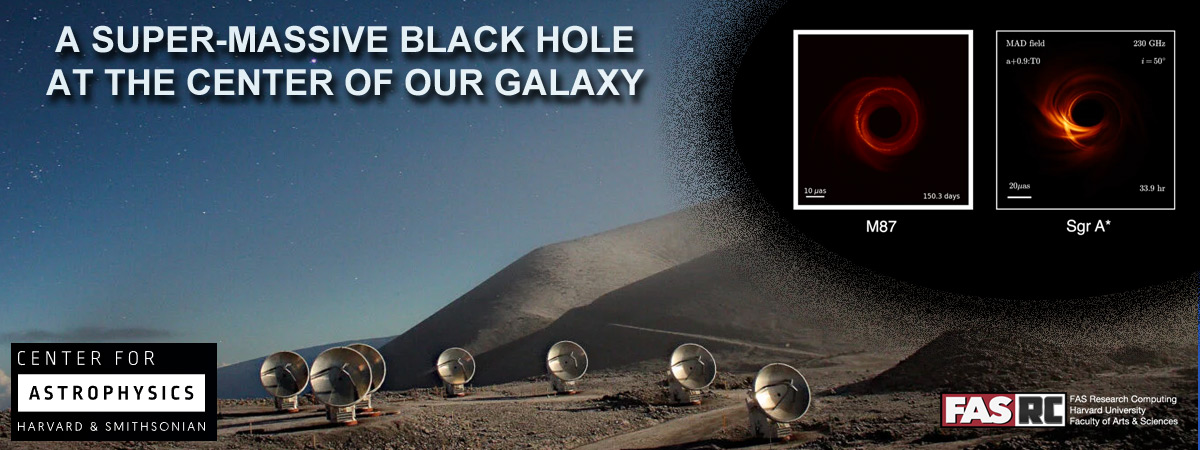
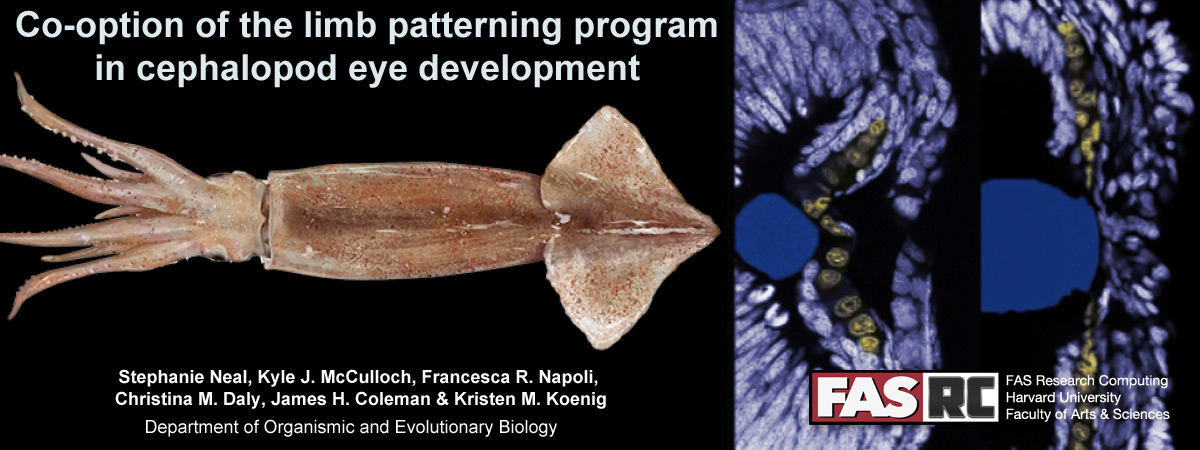
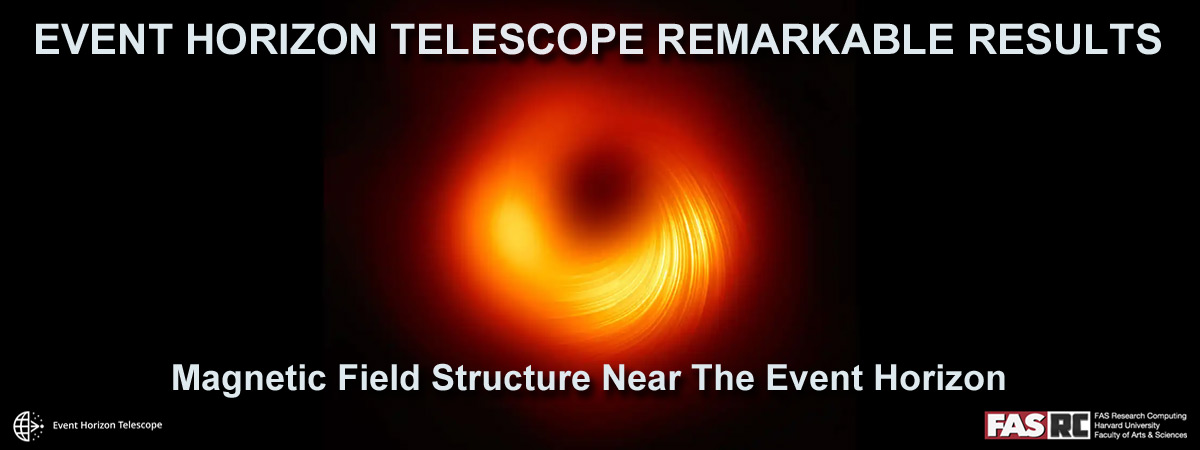

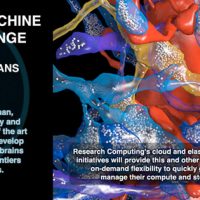
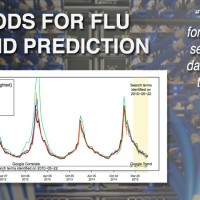
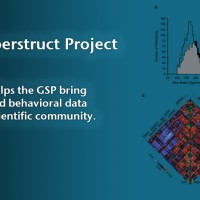

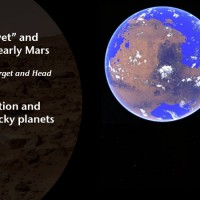

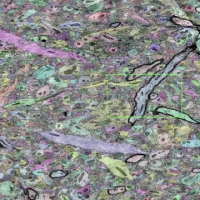
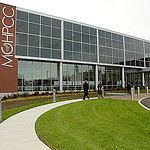
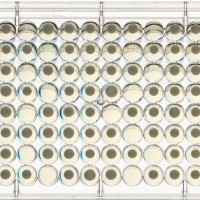
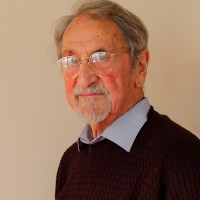
You must be logged in to post a comment.